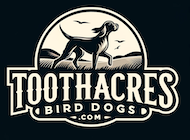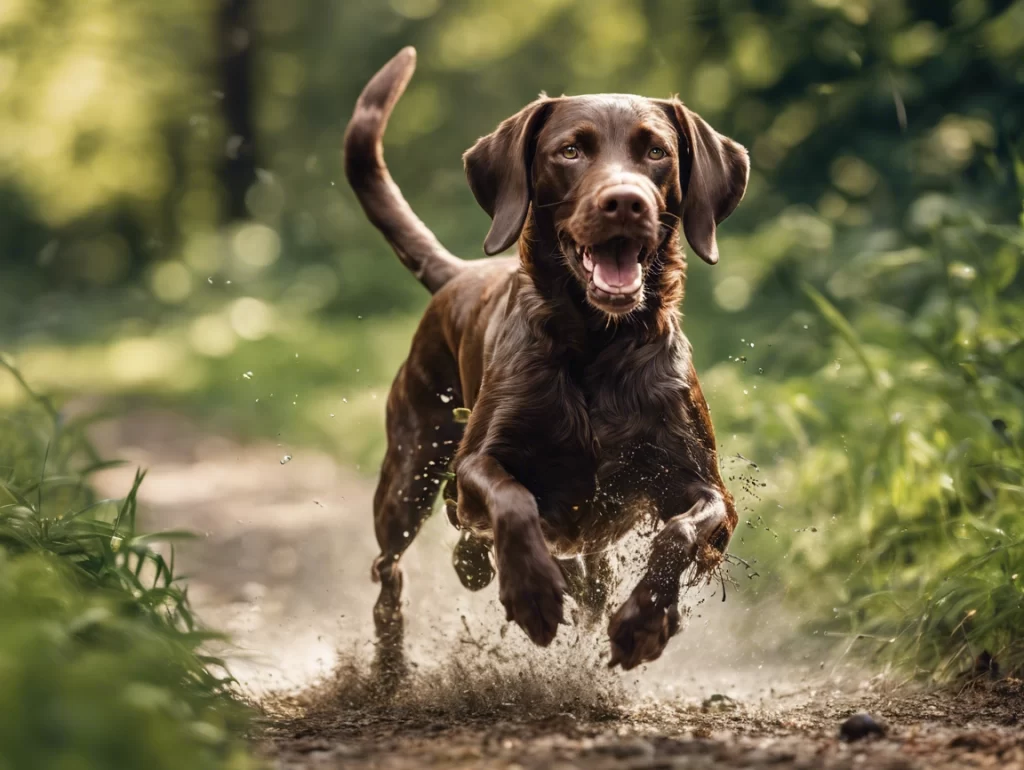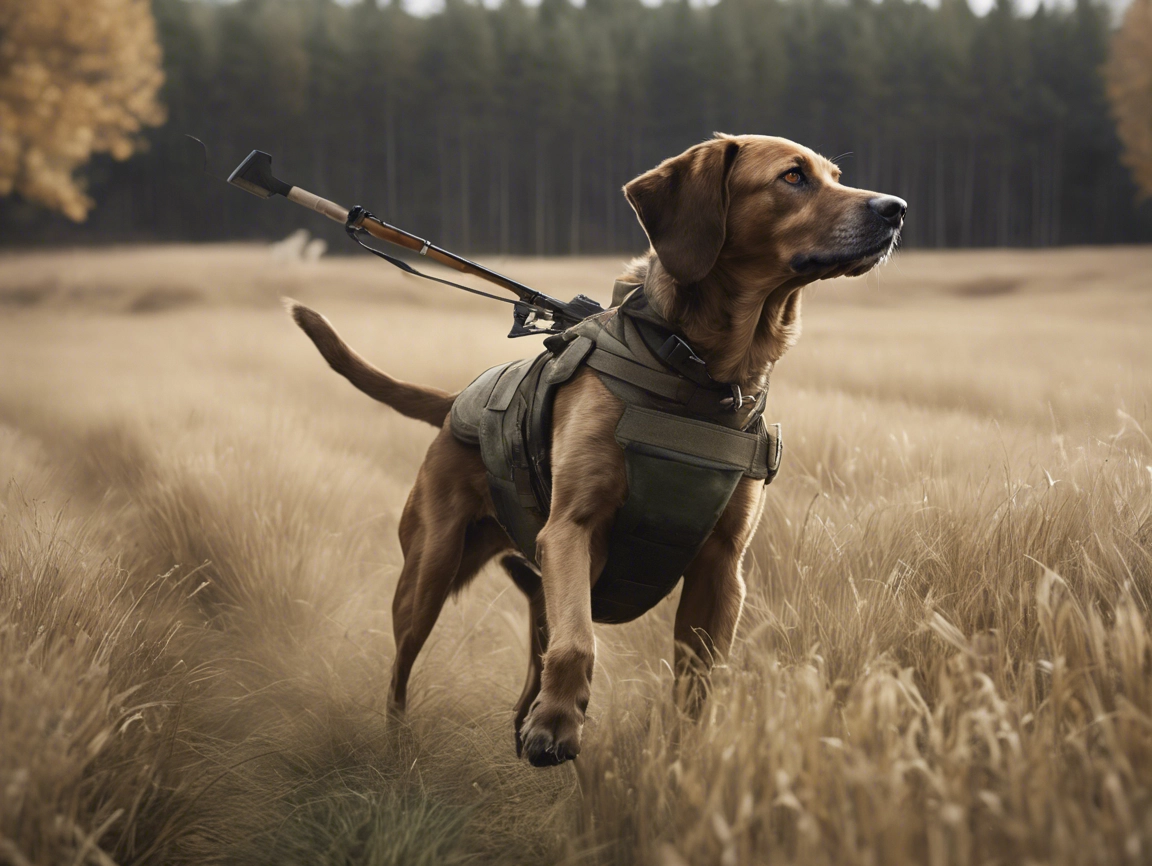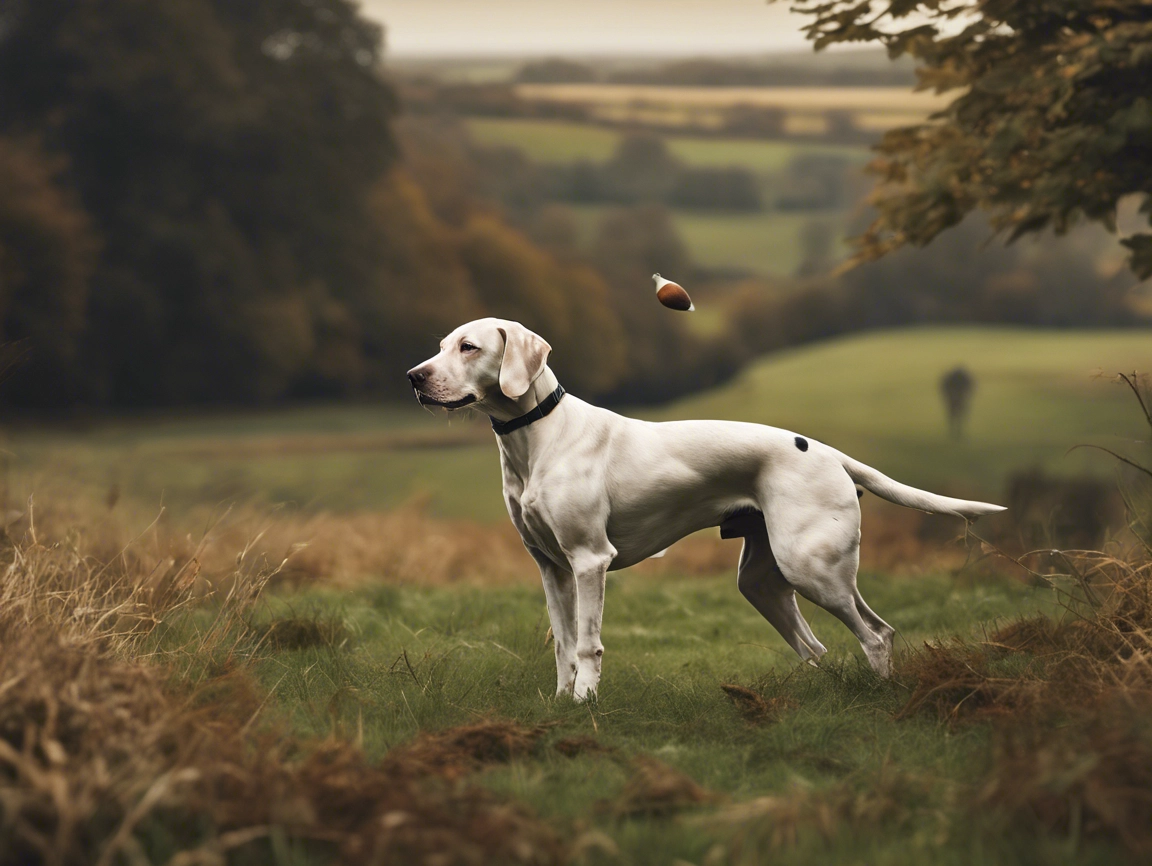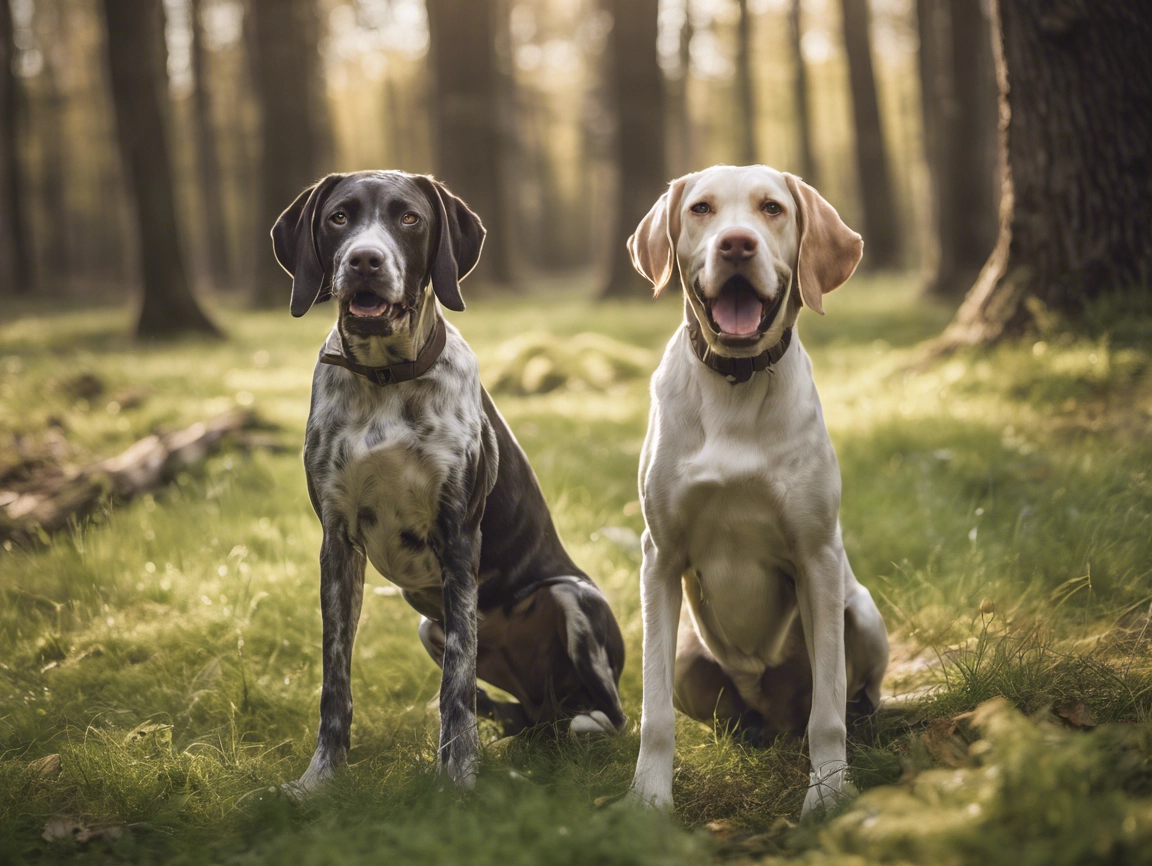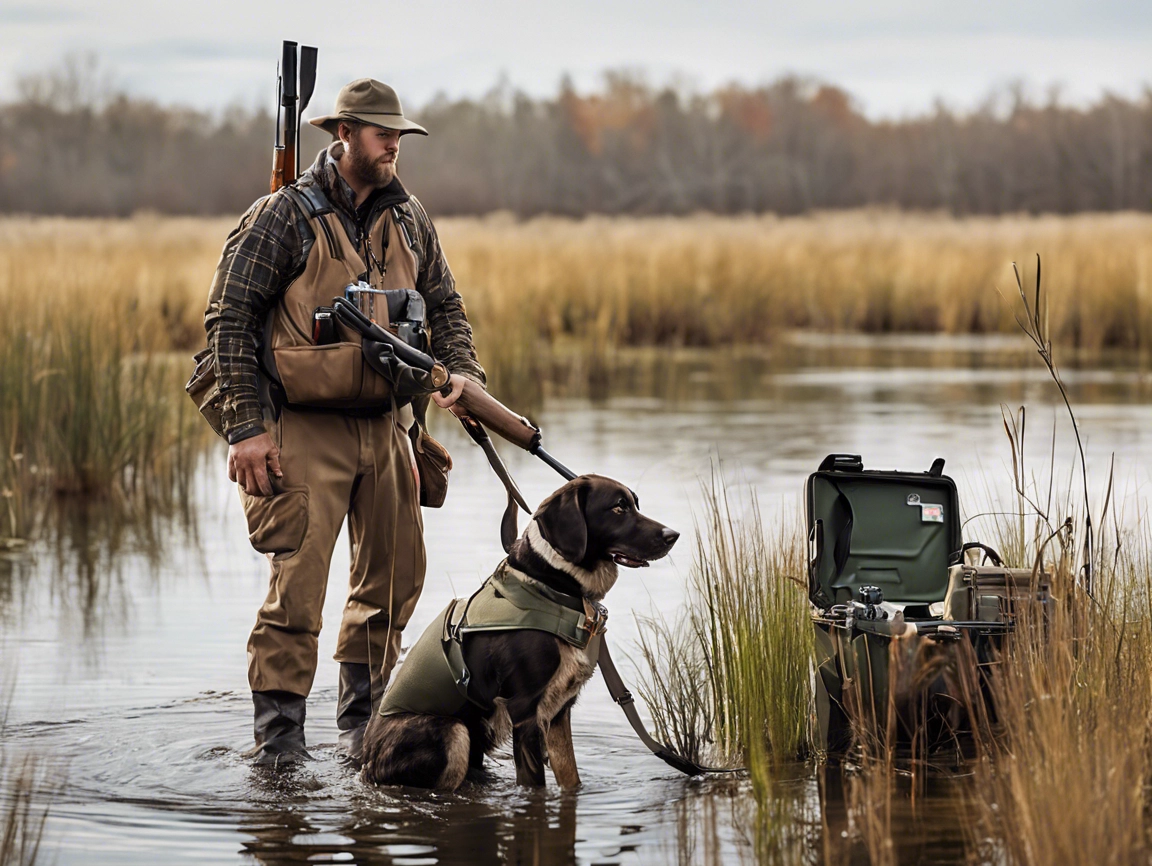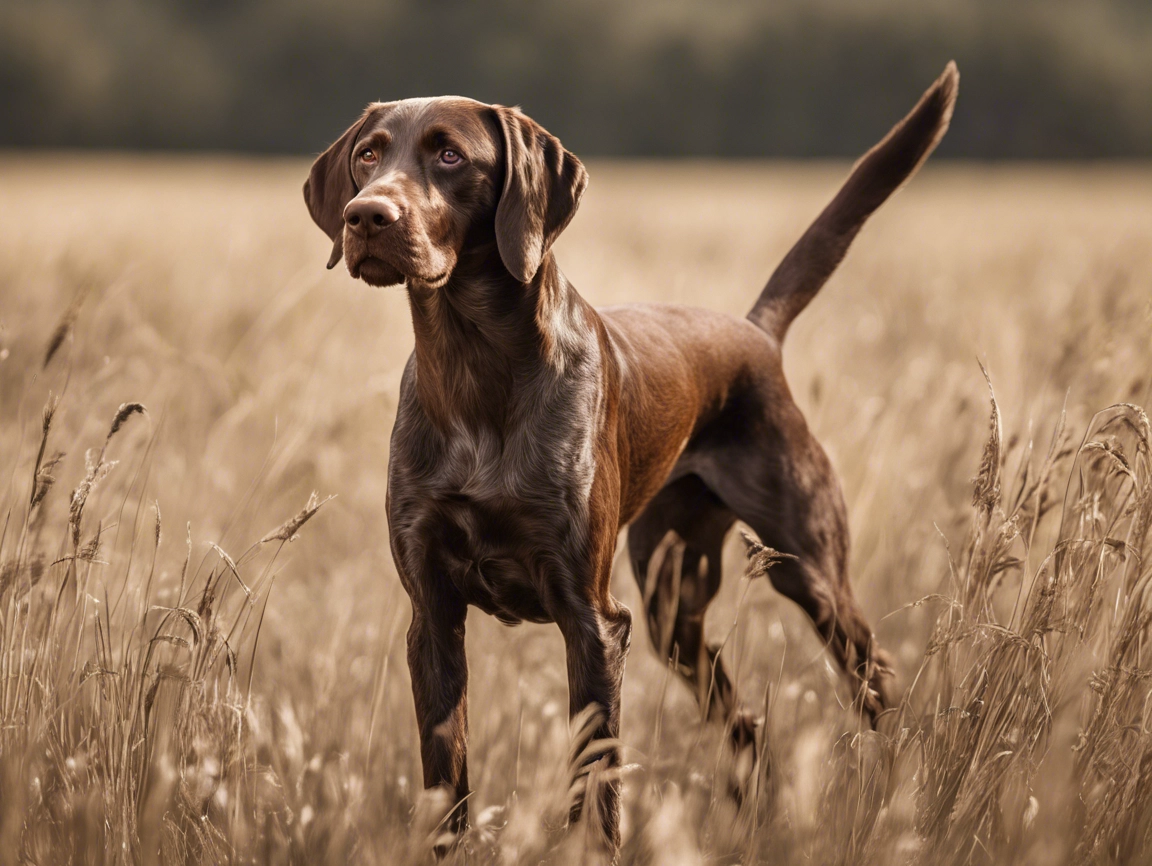Pudelpointers are known for their intelligence, versatility, and athleticism in the field, but like all breeds, they can face specific health challenges. UHealth issues in Pudelpointers are important to understand if you want your dog to live a long, healthy life. Like any breed, Pudelpointers are susceptible to specific health problems. Recognizing these issues early and taking preventive measures can help your dog avoid serious conditions. This post will explore the most common health issues in Pudelpointers, offering tips on prevention and management to keep your hunting companion in peak condition.
H2: Common Health Issues in Pudelpointers
Despite being a generally healthy and robust breed, Pudelpointers can experience some common health issues. Understanding these conditions will help you keep your dog happy and active throughout their life.
H3: Hip Dysplasia in Pudelpointers
Hip dysplasia is a genetic condition that can affect Pudelpointers as they age. It occurs when the hip joint doesn’t develop properly, causing pain and difficulty with movement. This condition is common in larger breeds and can lead to arthritis if not managed properly.
- Symptoms: Difficulty getting up, limping, or stiffness after physical activity.
- Management: Maintaining a healthy weight, controlled exercise, and anti-inflammatory medication can help manage the pain. Surgery is a potential treatment for severe cases.
H3: Progressive Retinal Atrophy (PRA) in Pudelpointers
Progressive Retinal Atrophy (PRA) is an inherited condition that affects the eyes. It leads to progressive vision loss and, eventually, blindness. Early detection is crucial for managing the disease.
- Symptoms: Difficulty seeing in low-light conditions, bumping into objects, or showing reluctance to go on walks.
- Management: While there’s no cure, dogs with PRA can still lead a fulfilling life. Keeping your dog’s environment safe and routine consistent will help them adapt.
H3: Hypothyroidism in Pudelpointers
Hypothyroidism occurs when the thyroid gland does not produce enough thyroid hormones, leading to lethargy, weight gain, and skin issues. Pudelpointers can develop this condition as they age.
- Symptoms: Lethargy, weight gain despite a normal diet, dry or flaky skin, and thinning fur.
- Management: Hypothyroidism is managed with hormone replacement therapy, which restores normal thyroid function.
H3: Epilepsy in Pudelpointers
Epilepsy is a neurological disorder that causes seizures. It’s not common in Pudelpointers, but it can occur. Seizures can be frightening, but with proper care, your dog can live a normal life.
- Symptoms: Sudden uncontrollable shaking, drooling, and loss of consciousness.
- Management: Medication can help control seizures and improve quality of life. Always consult your vet for a proper diagnosis and treatment plan.
H2: Preventive Care for Pudelpointers’ Health
Keeping Pudelpointers healthy is not only about addressing existing health issues but also preventing them. Regular care and preventive measures are essential to ensuring that your dog lives a long and active life.
H3: Regular Veterinary Check-Ups
Regular vet visits are crucial for Pudelpointers to monitor for signs of common health issues. These visits provide an opportunity to address concerns early, before they become serious.
- Tip: Schedule annual check-ups and keep your dog’s vaccinations and health screenings up to date. This proactive approach will help you stay on top of any health concerns.
H3: Maintaining a Healthy Diet
A balanced diet plays a significant role in preventing health issues in Pudelpointers. Proper nutrition supports joint health, coat condition, and overall well-being.
- Tip: Choose high-quality dog food rich in proteins and healthy fats. For older dogs, consider a formula designed for joint health to support aging joints.
H3: Exercise and Weight Management
Maintaining an appropriate exercise routine is essential for your Pudelpointer’s health. Overweight dogs are more prone to joint issues, heart problems, and diabetes.
- Tip: Ensure your dog gets regular exercise to maintain a healthy weight. For Pudelpointers, regular outdoor play, walks, and swimming are great ways to stay active and healthy.
H3: Grooming and Skin Care for Pudelpointers
Regular grooming helps maintain a Pudelpointer’s coat and skin health, preventing skin conditions like hot spots or dryness. Pudelpointers are known for their dense coats, which require regular care.
- Tip: Brush your dog’s coat weekly to remove mats and tangles. Keep an eye on their skin for any abnormalities and consult your vet if you spot anything concerning.
H2: Conclusion: Managing Health Issues in Pudelpointers
Caring for Pudelpointers means more than just addressing health issues as they arise. It requires proactive monitoring, preventive care, and regular veterinary visits. By understanding the common health issues in Pudelpointers and following the best practices for care, you can help ensure that your dog lives a long, happy, and healthy life. Regular attention to their health can improve not only their physical condition but also their quality of life as a loyal hunting companion.
